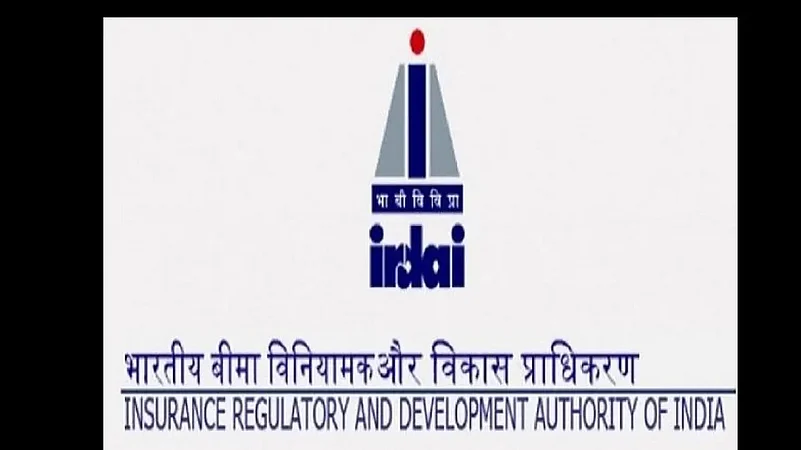In a move to encourage more cashless treatment, the Insurance Regulatory and Development Authority of India (IRDAI) has allowed insurers to select network providers or hospitals that meet standards and benchmarks as specified by their boards.
Accordingly, the insurance regulator has now modified the guidelines on standardisation in health insurance in order to improve customer experience.
“In order to enhance the scope for offering cashless facility across the length and breadth of the country, the insurers are now empowered to empanel the network providers that meet the standards and benchmarks criteria as specified by their respective boards,” IRDAI said in a circular to insurers and third-party administrators (TPAs).
Sanjay Datta, chief – underwriting, reinsurance, claims & actuarial at ICICI Lombard General Insurance, said in a press statement: “This announcement by the IRDAI is a significant development that liberates the health insurance providers to broaden their spectrum of healthcare network, thus enabling the dual benefit of deeper insurance penetration, besides encouraging seamlessness in customer experience. The steps taken by the apex body are growth-oriented and directed towards ensuring optimum outreach, which shall consequently aid the further development of our industry, as we all look to take fresh steps towards ensuring a fully insured India.”
With the changed guidelines, customers can now also avail themselves of cashless treatment at their preferred network hospital.
“This essentially means that during hospitalisation, you can receive cashless treatment – without paying anything to the hospital – at your preferred network hospital. This will help the insurers to enhance the scope of their network of cashless facilities, and will empower customers to take the best medical facilities near them,” Sanjiv Bajaj, joint chairman and managing director, Bajaj Capital said in a press statement.
IRDA has taken this step to modify the current network providers’ rule so as to relax the norms of the cashless facility.
Rakesh Goyal, director, Probus Insurance Broker, said: “Under the new guidelines, the insurers are offered the freedom to empanel network hospitals or providers for cashless treatment that meets their standards. The regulator has asked the insurers to consider the quality of services while taking any providers or hospitals on board. This would be a win-win situation for both the insurers and policyholders, as it would offer more options for network hospitals or providers across different parts of the country.”
IRDAI also said that while specifying the criteria, the board of insurers shall, among others, consider the minimum manpower and healthcare infrastructural facilities.
“While empanelling network providers for cashless facilities, insurers have been advised to focus on delivery of quality healthcare service,” IRDAI said in a statement.
The Earlier Rule
Prior to this modification, network providers registered under the Registry of Hospitals in Network of Insurance (ROHINI), were only empanelled by the insurance companies. This registry was maintained by the Insurance Information Bureau (IIB). Any hospital that provided cashless facilities to the policyholders had to meet the entry-level standards set by the National Accreditation Board for Hospitals & Healthcare Providers (NABH).
What Does It Mean For Policyholders
This new guideline comes as a major relief for many policyholders, as they need not worry about paying from their pocket, and then get the expenses reimbursed later.
“This change would definitely take out the financial stress from the insured’s shoulders in case of a medical emergency, and also offer them with a strong network of hospitals or healthcare providers across the country to choose from.”














